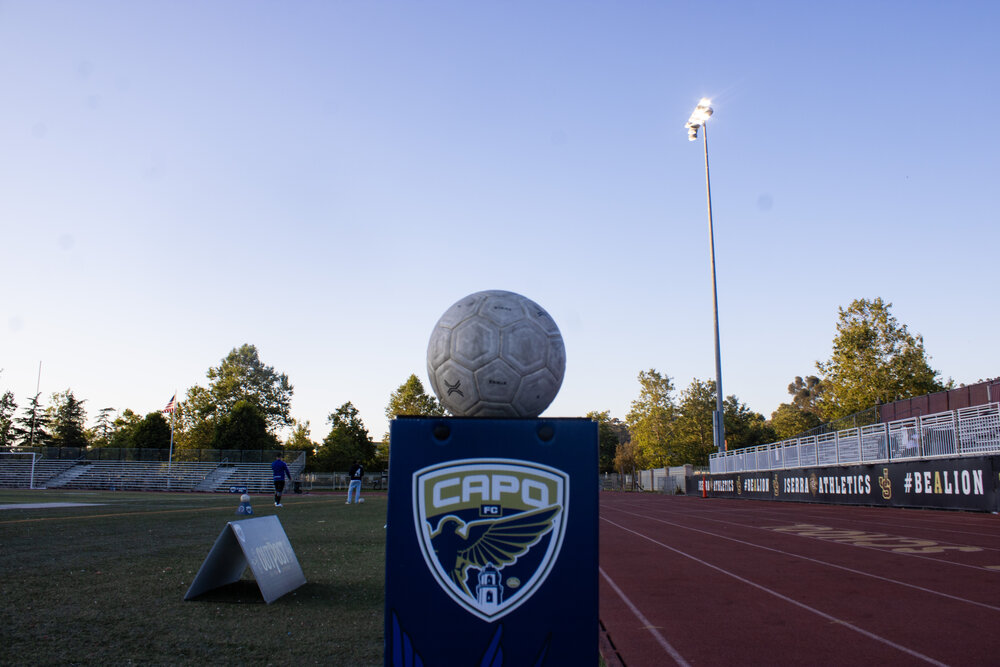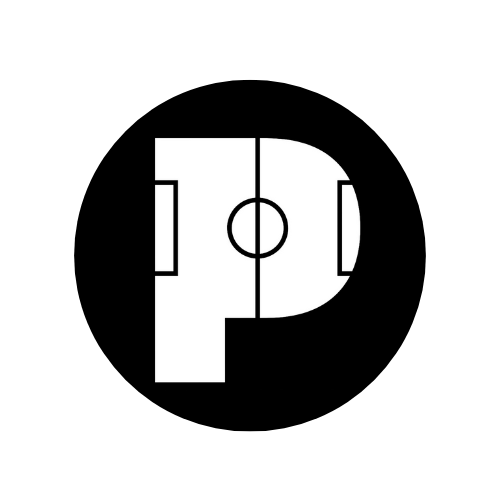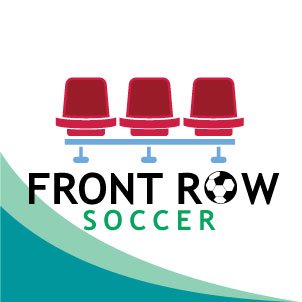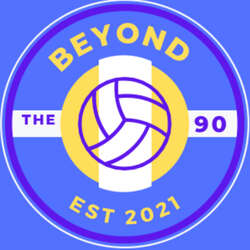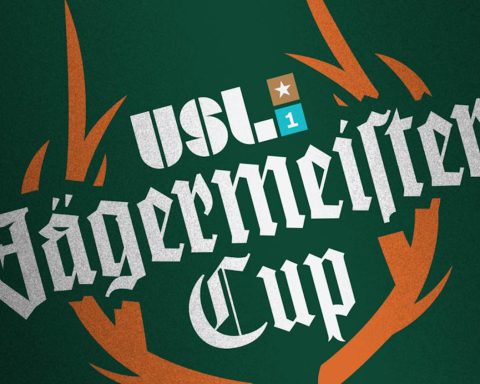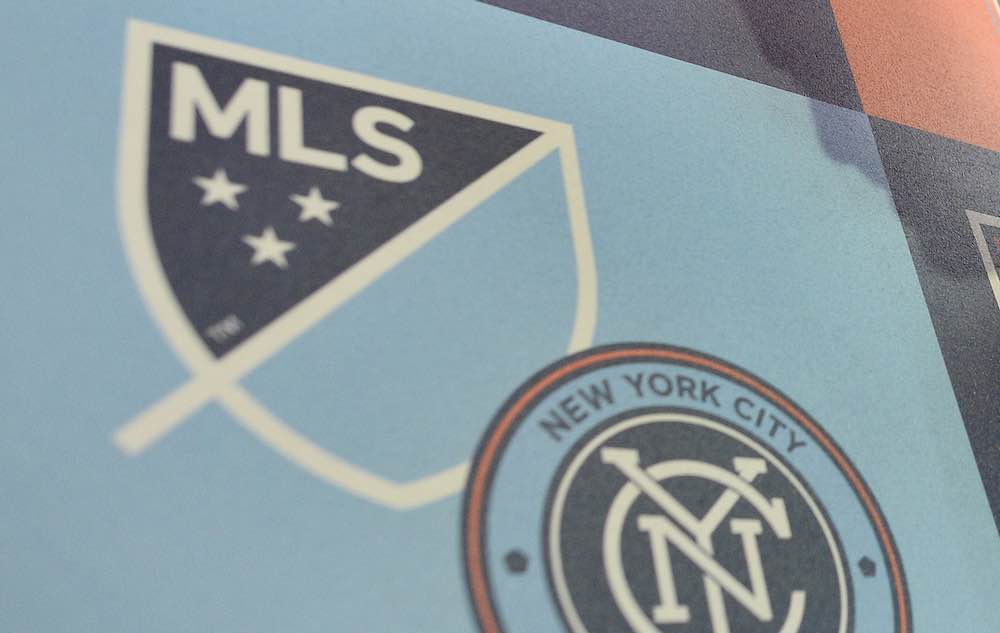By Oliver Tensley.
SAN JUAN CAPISTRANO, Calif. — Capistrano Football Club, more commonly known as Capo FC, is a club for its community.
Many clubs say that, but few capture the feeling of a grassroots American soccer club like Capo.
As soccer expands in America, more and more clubs want to seem as far from the country in which they are based as they can, but Capo feels right at home.
The club plays at JSerra High School, in San Juan Capistrano, Calif. and feels like a non-league European club placed in an American small town. For a club like Capo, yard markers and field goal posts make a more fitting venue than a 100-year-old stadium.
General manager, Peter Carey, feels the club represents the area through “organic growth.” The club started in 2006 as a youth club, bounced around semi-professional leagues from 2020 to 2023, and gained a professional team in 2024 when it joined NISA Pro, a joint-third tier of American soccer.
Even as time went on, as Capo grew and eventually turned professional, their identity as a club for the kids never altered. Carey sees this as a result of personnel, the people behind Capo FC are locals who see their own families in the ones who come through the club.
“It’s run by people from the community who aren’t doing it for the dollar, they’re doing it for the love of the sport, the love for the kids, and the family that we have from our hometown,” said Carey, who graduated from San Juan Capistrano High School.
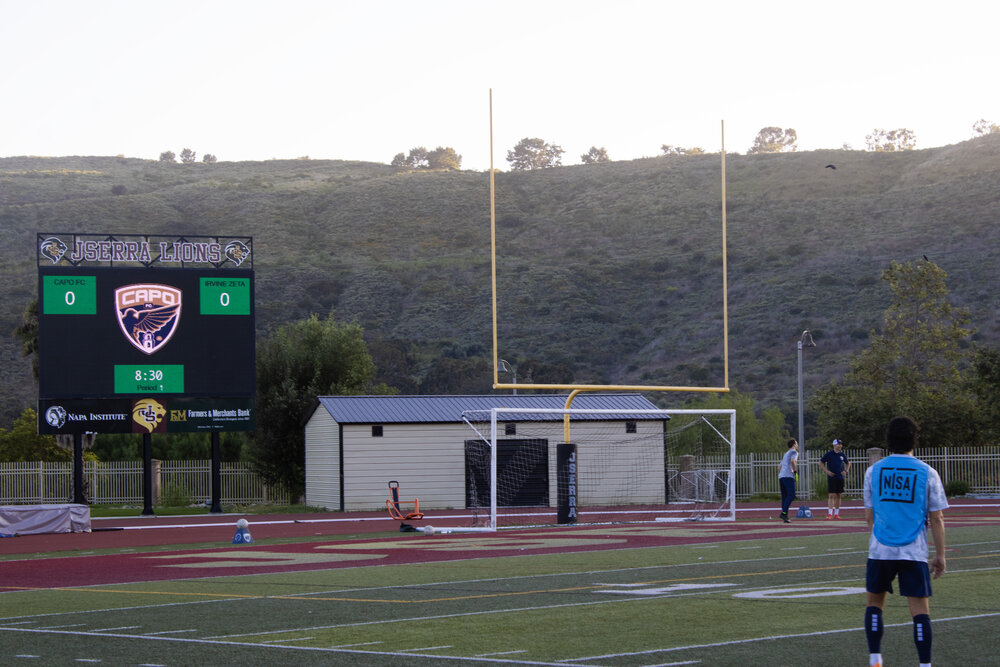
Youth coach for nearly two decades, Ruben Mora, added: “We’re a local club, I mean our priority is the kids…we’re not a money-making machine like other clubs. It means a lot…a lot of these players are low-income, and it’s really hard for them to go to a big club where they pay like $3,000 for a season.
“Here at Capo we give them that opportunity to play really competitive soccer, now that we have a pro team they see a way out…the kids now really look up to that.”
On Friday, June 14th, Capo FC lost 2-0 at home to Irvine Zeta FC. The intracounty affair was chippy and no one from Capo was happy with the result, but this club means much more than one loss can define.
“The identity is the community,” Mora added. “[Capo] is a big family club, all of us identify with the team. We have been representing it since day one and now it’s a good thing that we have a pro team… the dream is to go as high as we can go.”
In an American soccer landscape where most organizations turn to branding for their identity, Capo are just themselves.
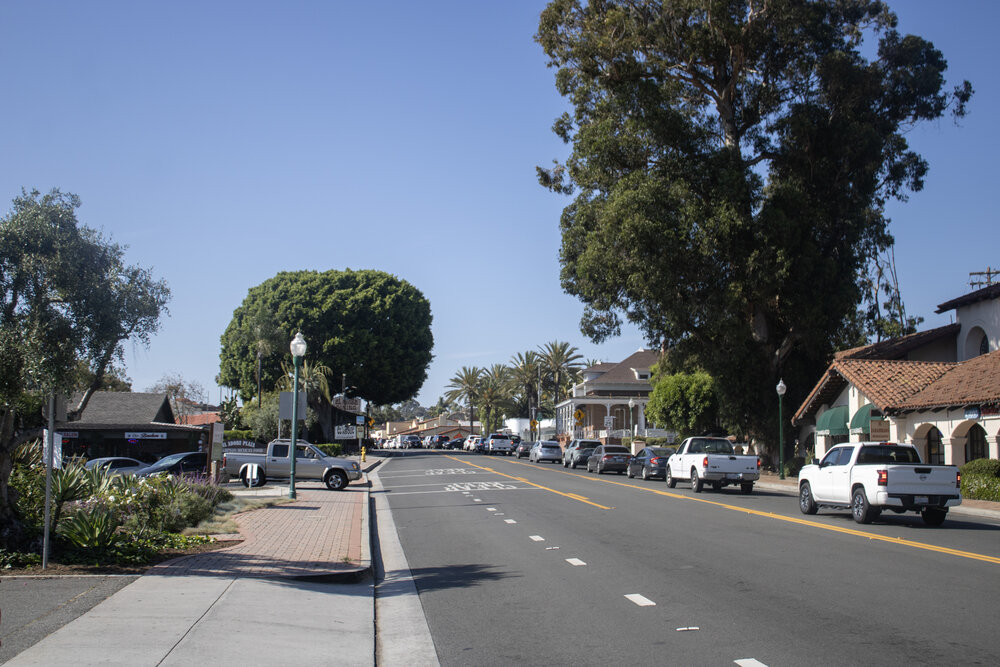
“It allows the kids in this community to be able to play high-level soccer all the way to professional soccer in their community the way they do it in Europe, South America, and everywhere else in the world,” added Carey. “There is a lot more attached to the logo than just go pay all this money.”
Carey’s vision of the club is met with gratitude from those around it. Glen Simes, father of player Cole Simes, said: “It’s a local club that, really, the whole thing is about having local kids get the chance to play soccer.
“It’s a homegrown team…[Peter Carey] is all about making sure the kids, and other kids, and families are involved with the club, so it’s really a family-oriented club. That gives kids who may not normally get the opportunity, the opportunity.”
Capo player, Arturo Chavez, said: “We are very much like a family. We might not have everything that these other clubs have, but what we do have is each other, and we will always fight for each other and always give each other the best results that we can.”
Capo FC is based in and named for San Juan Capistrano, but it represents all of Southern Orange County. There was no branding trick that would have captured the attention of locals, beach imagery would likely have been seen through as a hollow attempt to fill seats. Dana Point Harbor may be well-known and Mission San Juan Capistrano (which is featured on Capo’s crest) is a historical landmark, but neither of those make the area’s identity.
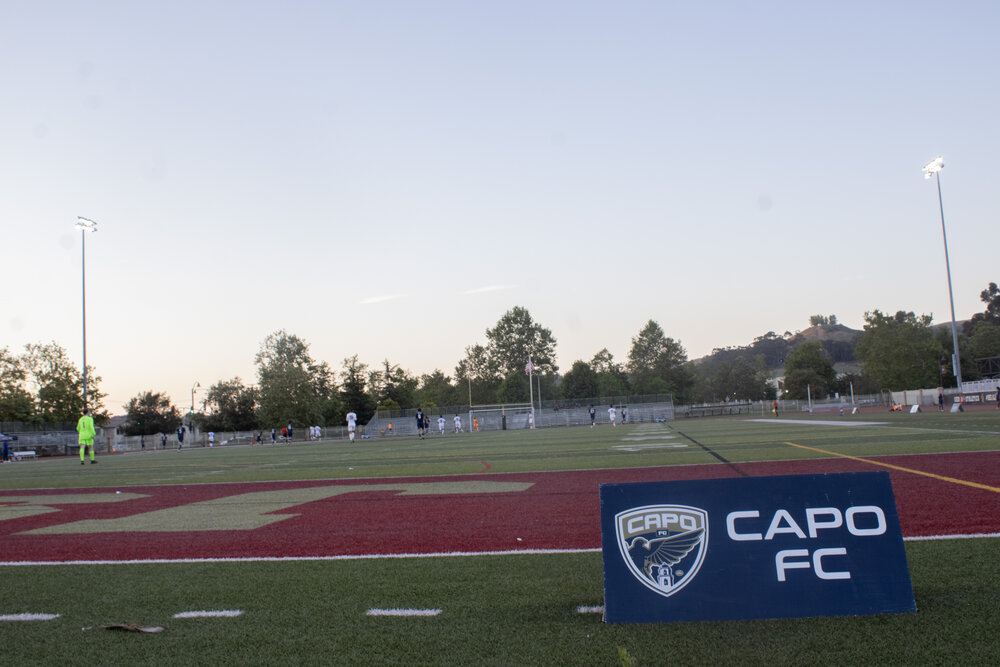
Chavez is from nearby Lake Forest, Calif. and said: “It’s more family-based. They’re very close together and they love being with each other so I really value that. I really value my family, so that is why I really like it down here in Orange County.”
Gira Aminloo, mother of player Kian Aminloo, said: “Our kids were born here so we love Orange County, as far as raising a family it is the best place to be.”
San Juan Capistrano is an American town. Spanish style architecture reminds one that they are in Southern California, but the downtown, front lawns, and American flags clearly indicate the U.S. more broadly.
Small town America loves to be family-friendly. Orange County famously is, and Capo FC was founded on the same ideas. Capo does not do anything to match the feeling of their area, they simply exist. The club starts kids in soccer, gives them the chance to grow up with the colors, and fields its professional team on an American football field.
Capo would not feel right without the yellow posts of a field goal hovering above the goal, nor would it without the families behind it – Capistrano Football Club is grassroots American soccer.
Discover more from The Soccer Times
Subscribe to get the latest posts sent to your email.
